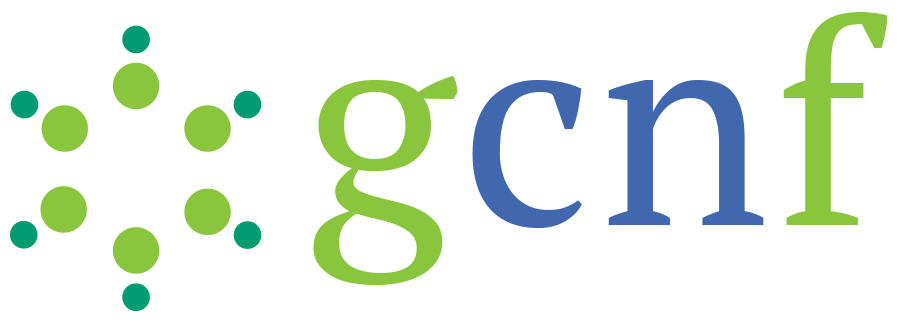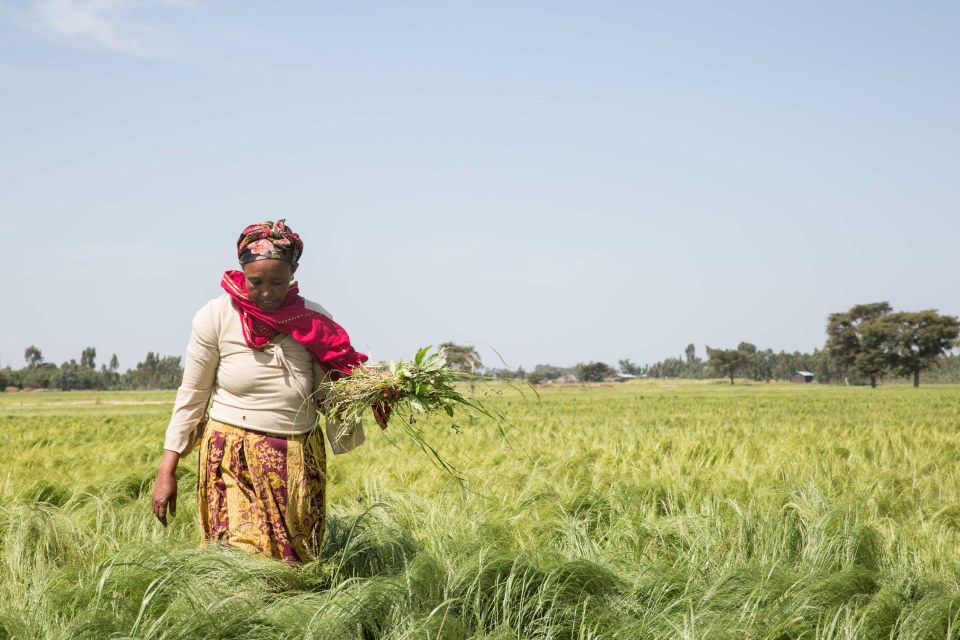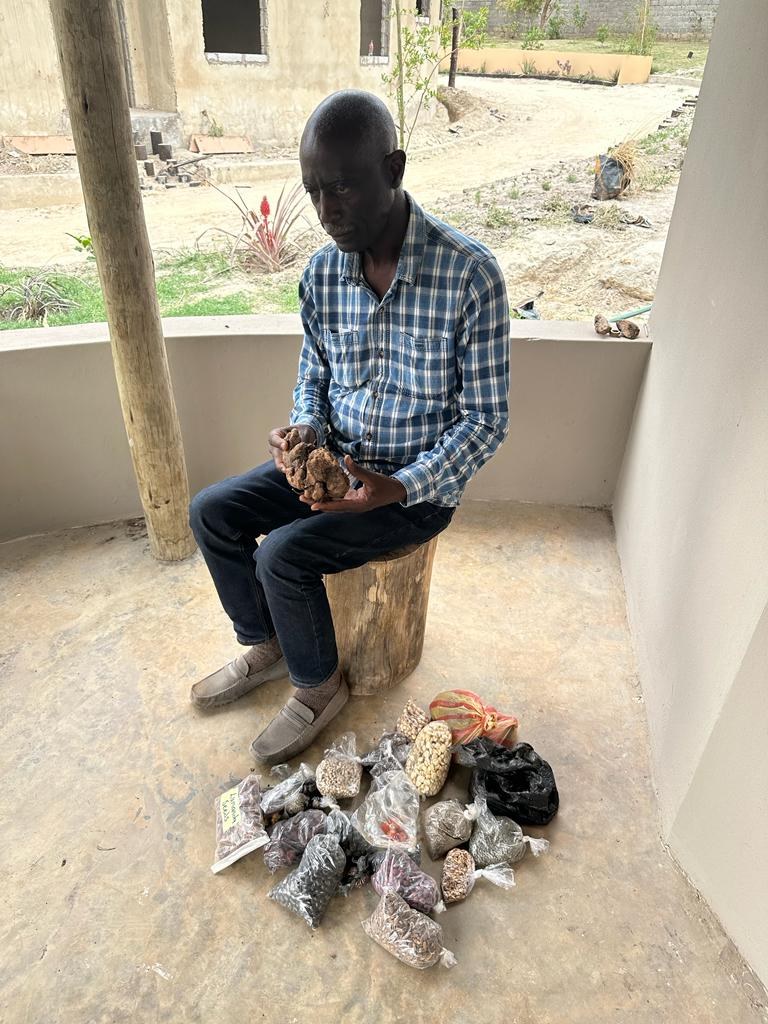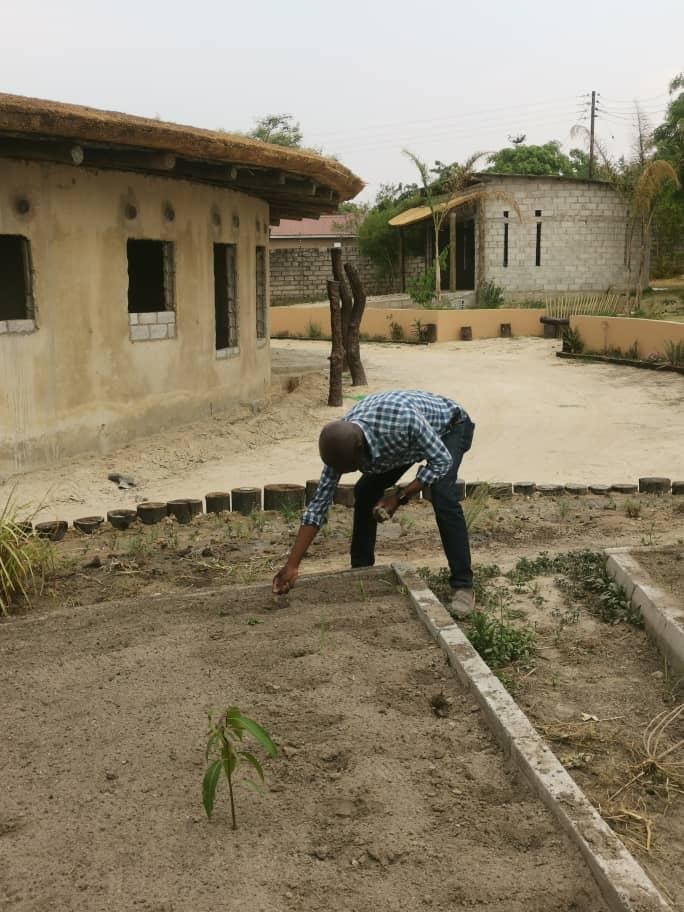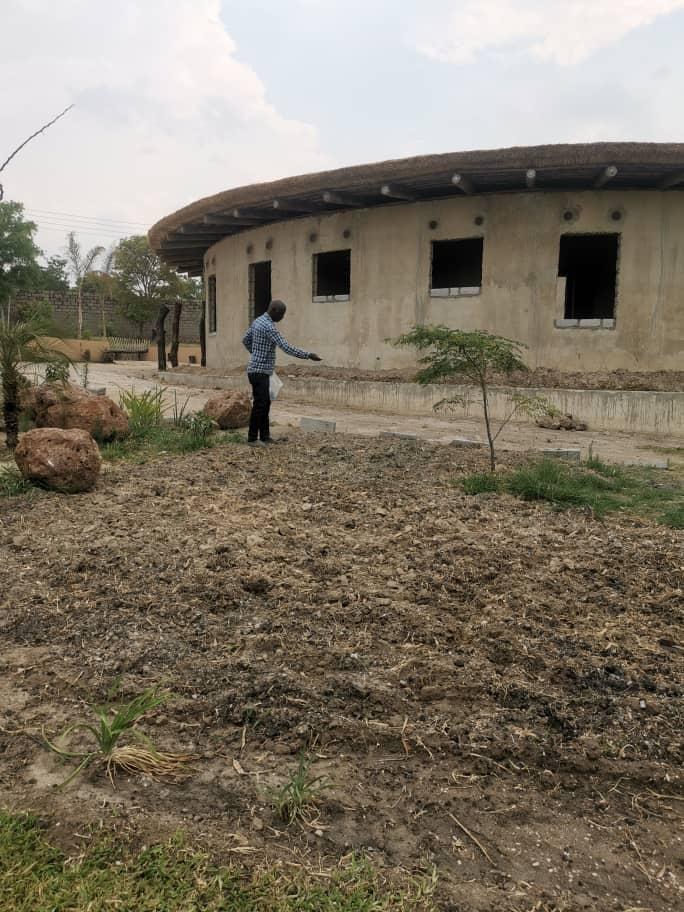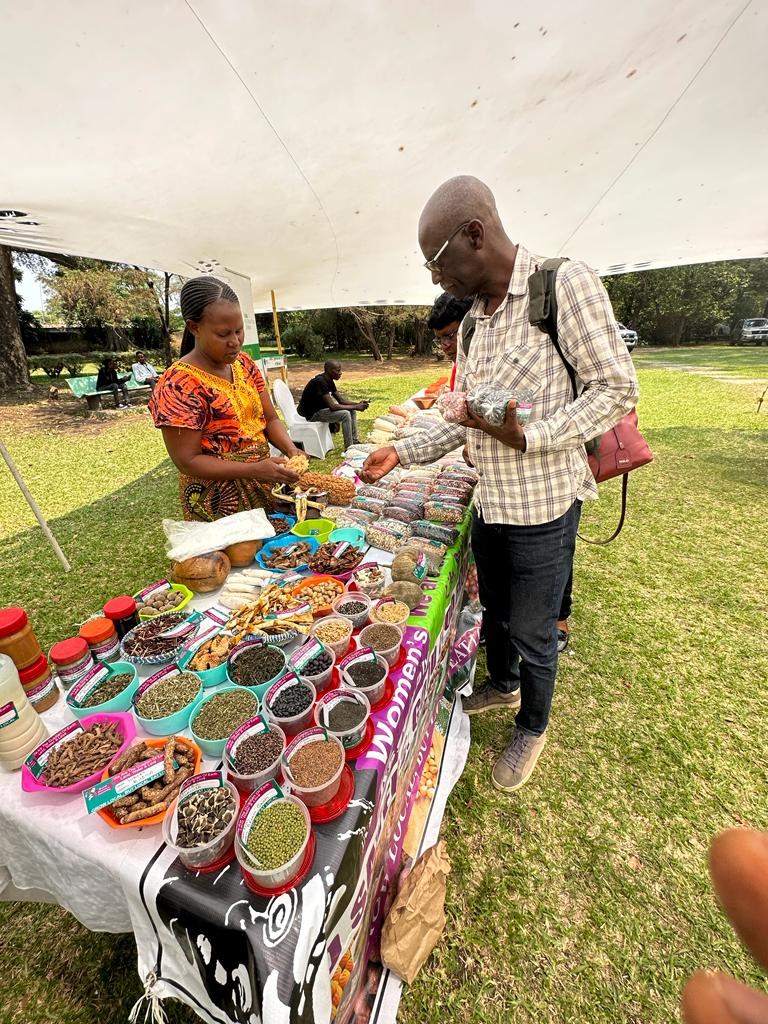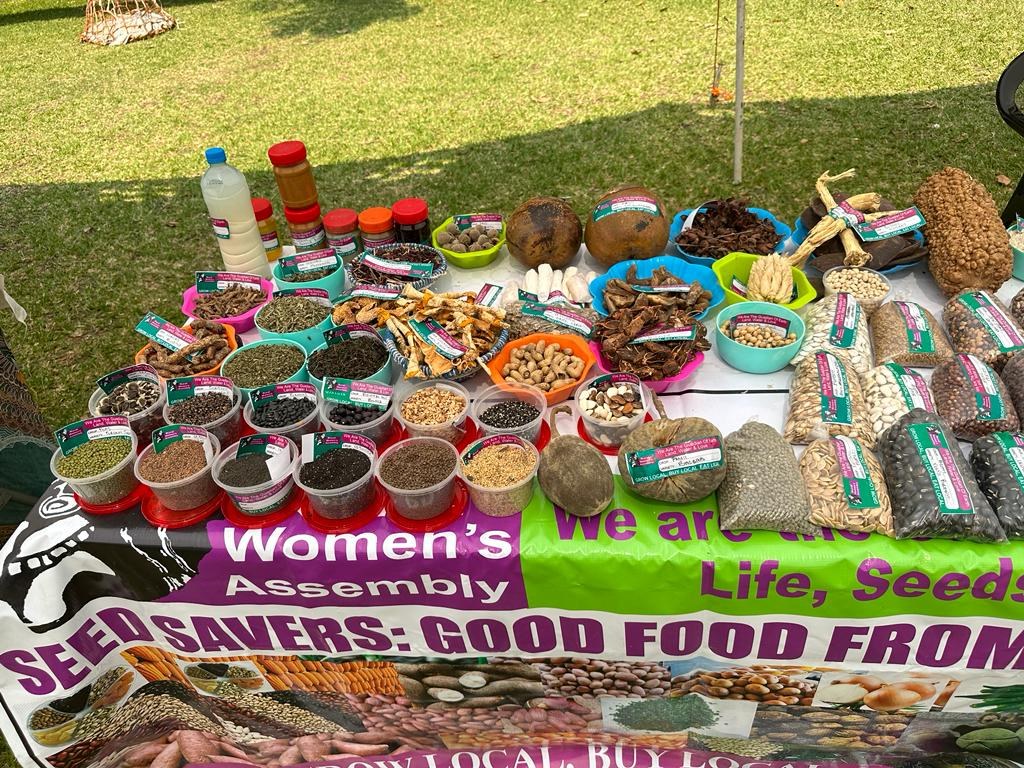India
The first GCNF Learning Exchange is being implemented in India to support state-to-state, and state-central government information sharing. By sheer scale, India has the largest school meal program in the world, yet it is too often absent from the global discourse. The national school meal program, known as the Midday Meals (MDM) Scheme, feeds about 100 million school children, covering 1.1 million schools on a daily basis. Founded in response to a court order as a “rights based” social development program of the Government of India, the MDM, among other things, seeks to address issues of food security, lack of nutrition, and access to education on a nationwide scale.
The Learning Exchange of School Meal Programs aims to develop and strengthen sustainable professional network between those working in and responsible for school meal programs. The network is not exclusive and is an evolving one as more stakeholders form an alliance to support a shared agenda of advancing school meal programs around the world. In India, this network is a joint collaboration between IPE Global (India Implementing Partner), United Nation World Food Programme (India Technical Partner), Akshaya Patra (India Technical Partner: Non-Government) and Manna Trust (India Technical Partner: Non-Government), Global Child Nutrition Foundation (Global Partner) and General Mills Inc. (Global Resource Partner). The network is committed to fostering deeper engagement with the Central Government and State Governments and creates active learning and sharing space for the world’s largest school meal program in the national, regional as well as in the global community.
The Learning Exchange of School Meal Programs is made possible by generous financial support from General Mills Inc.
